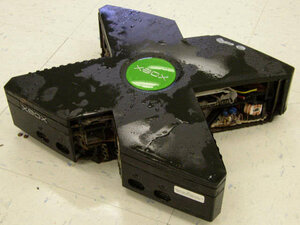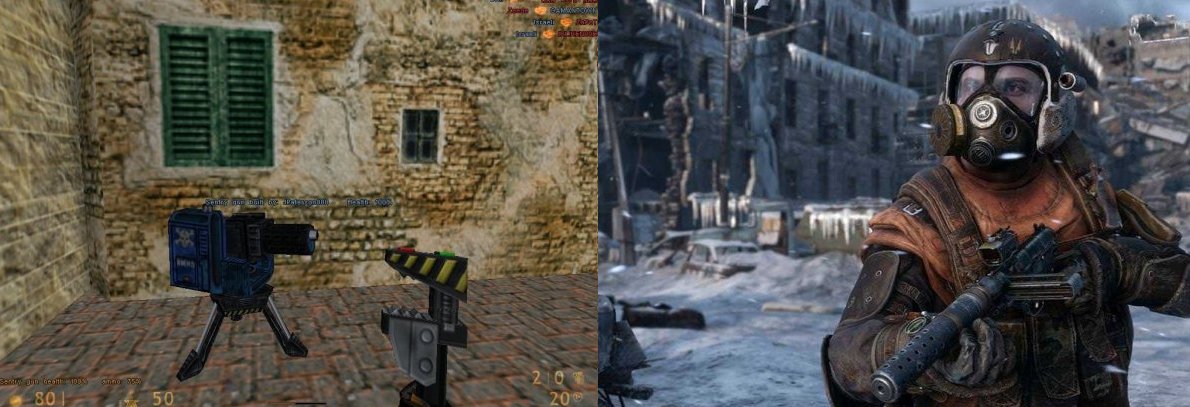erek
[H]F Junkie
- Joined
- Dec 19, 2005
- Messages
- 10,894
Would this be even more of a holy grail than the nintendo playstation? What's new is apparently the shots of the posterior revealing it was a functional unit with DVD drive, etc.
"A look at the first Xbox Prototype"
"A look at the first Xbox Prototype"
![[H]ard|Forum](/styles/hardforum/xenforo/logo_dark.png)

